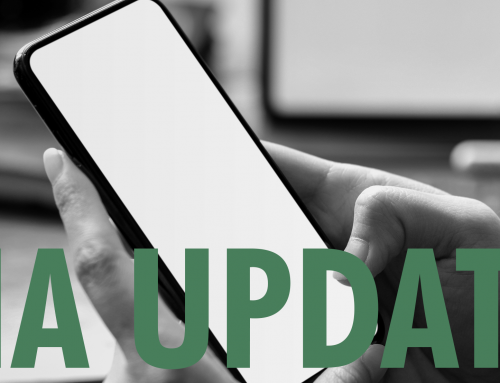Unfortunately, legal claims against schools arising from students’ suicide-related behaviors have increased noticeably. When a school employee witnesses a student’s suicidal or other violent ideation, important obligations may be triggered under IDEA and Section 504. It is vital that district staff understand these obligations so that schools can appropriately serve these vulnerable students and comply with federal law.
When a school employee becomes aware of a student’s suicidal ideation, the district should determine whether the student receives special education services or is served under Section 504. If not, it is likely appropriate to refer the student for an evaluation to determine if the student has a disability. If the student already receives services under IDEA or Section 504, the school should consider reconvening the student’s ARD or 504 Committee to determine if a re-evaluation or a change in services/accommodations is appropriate.
In extreme circumstances, some special education students may make numerous or even continuous remarks about suicide or violence throughout the school day. In these cases, the ARD committee should consider amending the student’s behavior intervention plan to address these comments, and should consider adopting behavioral goals to reduce the frequency and intensity of the remarks. For example, many students who frequently make violent remarks do so as a means of expressing frustration with a particular person or difficult activity. In these situations, the ARD committee may consider adopting goals to help the student adopt non-violent phrases to express frustration or disappointment.
The failure to respond to a student’s suicide-related behaviors can obviously have terrible consequences. In addition to possible harm to the student, a failure by the school to respond appropriately can lead to litigation. It is imperative that all teachers, counselors, and administrators receive training on your district’s suicide prevention protocol, and on the importance of providing special education students with additional support in this area.
This article should not be construed as legal advice related to any specific facts or circumstances. Although this article covers legal subjects, it is intended to educate readers about school law topics and not to provide advice that will be the basis for action or inaction in any specific circumstance. Viewing these materials does not create an attorney-client relationship between Abernathy, Roeder, Boyd & Hullett, P.C. and the reader or the reader’s institution. For circumstance-specific legal advice, please directly contact a licensed attorney.







Leave A Comment